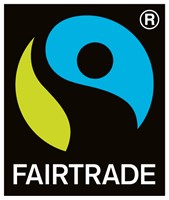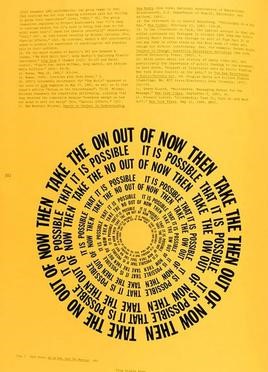Expert: Alan Williams, ServiceBrand, Facilitator: Sarah Collinson, AllClear Insurance Services
Session Summary:
- In business, top-team performance is an obsession, for decades it has ranked as a favourite topic among executives. But what does it take to build a superior team, if not a dream team?
- Whether at the top, in the middle ranks, or down on the shop floor a leader’s, responsibility starts with creating the environment in which teams thrive and if we thought this was a tall task pre-Covid
- What is going to make the difference between ensuring your people aren’t just surviving but thriving?
- Who is getting it right and what are the keys to successful orchestration of a combination of human and digital processes?
Keynotes:
- 'The values economy', value led leadership is key to achieve sustainable performance
- The combination of managing the business landscape, alignment and action is key. But this will only work when acting in your individual business context
Discussion:
'Customer experience' was the 1990’s mantra, but the world has evolved so what is this today?
'Shared values' is a phrase used by most businesses but what does it really mean? What is under the “ood of the car?It is a huge growth area but also a judgement call, so how do we interpret this rationale to build value driven sustained performance?
What are the examples of who has done this brilliantly?

Fairtrade, founded in 1994 has over 4,500 products and global sales of more than £4.4 billion.
Their success is based on a vision of a world where justice and sustainable development are at the heart of trade and business so that everyone, through their work, could maintain a decent and dignified livelihood i.e., a belief in being authentic and living their values throughout the supply chain.
Today, organisations are no longer what they say they are but what others say they are.
In 2009, Dave Carroll became a YouTube sensation in 2009 after he wrote a song about United Airlines breaking his guitar, United Breaks Guitars. Over 19 million views and a blitz of media coverage saw United Airlines losing 10% of its market value, costing shareholders roughly $180 million dollars.
The video proved to be a turning point for businesses accountability to customers. It heralded a new era of customer service.
The importance of culture is key to this new customer service era. Boards are asked to create a culture which aligns company values with strategy and to assess how they preserve value over the long-term. (Financial Reporting Council 2018 Corporate Governance Code).
86% of consumers believe that business should place at least equal weight on society’s interests as on its own. This study and companies on 100 Best Corporate Citizens list outperformed the Russell 1000 by 26 percent. (Corporate Responsibility Magazine).
But how do companies embed culture and values?
- Choice
- Communication
- Control
Creating a culture where engaged employees are also advocates feeds through brand and CX (customer experience), but it is easier said than done.
It is the why and how that engages people emotionally.
Being clear to our employees about what we expect them to deliver, why and how, i.e., the vision and values but most importantly the behaviour we want them to demonstrate is driving cultural change.
Values to Behaviour: Embedding actions
Words are the essence of what we do but what makes the difference is when they are embedded in the values of the business and across corporate culture. It is the question of context, content without context is meaningless.
Building an inclusive culture which is sustainable driven by strong leadership creates strong brand identity and CX. In any environment, governance (motivation and responsibility) must underpin the business, a strong governance infrastructure is also an enabler for disruption and change, the evolution to a value led economy.
The last 2 years have put pressure on businesses in managing culture, absence driven by Covid has had an impact on values, change and shared values both for CX and employees. Businesses have to re-build.
It is not always easy or possible to get it right and often learning from our mistakes allows us to evolve our business models.
Merging cultures though acquisition and absence as we have just lived through offers challenges for both branding and integrity rituals. Leadership teams take different approaches, when Tandem acquired green lender Allium they crushed corporate culture, Starling took a different approach following purchase Fleet Mortgages taking a more open, inclusive approach.
We need to understand what values are important and so what is the impact of change? Mistakes are inevitable, the key is what you do next.
Trust: There is an evolution in marketing towards outward research and deep understanding of customer sentiment as well as employee research groups to understand trust vs reliability, honesty and integrity.
Change is exciting. USCO in the 50’s and 60’s was different, they were ahead of their time.

Take the no out of now
Then take the ow out of now
Then take the then out of now
Challengers emerged and the new 'go to’s' became Channel4/Sky/Daily Mail but the contextual environment keeps on changing. To succeed business leaders, need to take control and lead by example.
Key Messages
- Team leadership does not operate in a vacuum
- There is no silver bullet. Alignment is key, your brand DNA and values are precious
- Employees are the organisation. A values-driven approach gives you the best chance of creating employee (and customer) loyalty
- Stakeholders as well as employees are the new marketing department
As Maya Angelou said, I've learned that people will forget what you said, people will forget what you did, but people will never forget how you made them feel.


